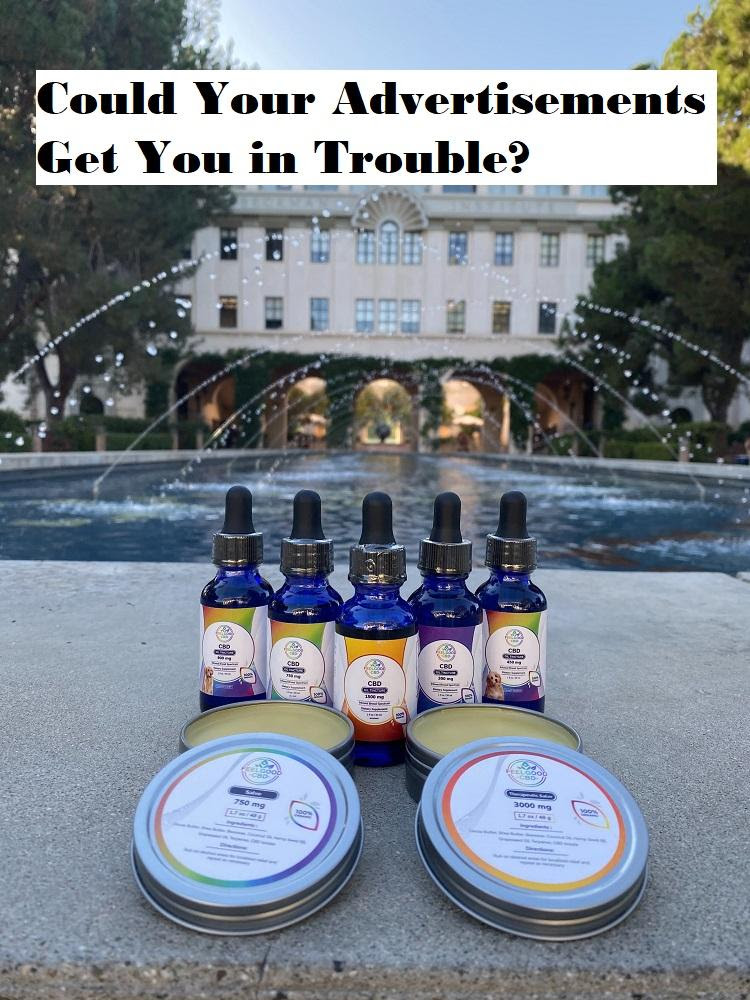A business can always tout the qualities of its products or services, but those representations must be true. Most states have consumer protection laws that, among other things, impose fines and other legal sanctions on businesses that engage in misleading advertising.
Similarly, the Federal Trade Commission (FTC) polices businesses that are engaged in interstate commerce. If your business activity extends beyond your state boundaries and affects another state, then the FTC has jurisdiction over your company. This is also true if you advertise over the web.
The FTC recently announced that it had reached a settlement with Kushly Industries LLC, seller of cannabidiol (CBD) products, including tinctures, gummies, and ointments. Kushly promoted its CBD products through its website and through social media platforms.
The FTC alleged that Kushly had made false or unsubstantiated claims that its CBD products could treat a variety of ailments, including high blood pressure, neurological disorders, skin diseases, chronic pain, anxiety, depression, bipolar disorder, diabetes, insomnia, narcolepsy, multiple sclerosis, Alzheimer’s, Parkinson’s, certain types of cancer, and anorexia.
The settlement not only prohibits Kushly from making false health claims in the future but also requires Kushly to pay more than $30,000 of restitution to consumers.
Remember, the truth-in-advertising rules apply not only to traditional ads on radio and TV and in printed media but also to online reviews (such as on Amazon) and statements made by “influencers.”
The FTC has issued guidelines requiring bloggers, social network site users, and others who create online product reviews to disclose the receipt of free merchandise or payment for those reviews.
Companies who pay for reviews or who give those reviewers free products or services can, under some circumstances, be held liable for false or unsubstantiated statements made through endorsements or for failing to disclose any “”material connection”” between themselves and their endorsers.
In addition, celebrity endorsers and the advertisers who hire them can be held liable for false or unsubstantiated claims that the endorsers make. The celebrity must have actually used the product or service being endorsed, and the statements must be only those that are, in the celebrity’s own experience, accurate.
Celebrities and other influencers are also required to disclose their relationships with advertisers when making endorsements outside the context of traditional advertisements.
That is, a celebrity or influencer promoting a product on a social networking site (e.g., Instagram, Facebook, or Twitter) or on a talk show must disclose any payment or other arrangement relating to that product or service.
If your business sponsors a research organization to study a product, and the study is used to promote the product in an ad, the ad must, in accordance with FTC guidelines, disclose the connection between the advertiser and the research organization.
Please feel free to contact us if you have any questions about the laws applicable to advertising or need any assistance with an advertising-related legal problem.






